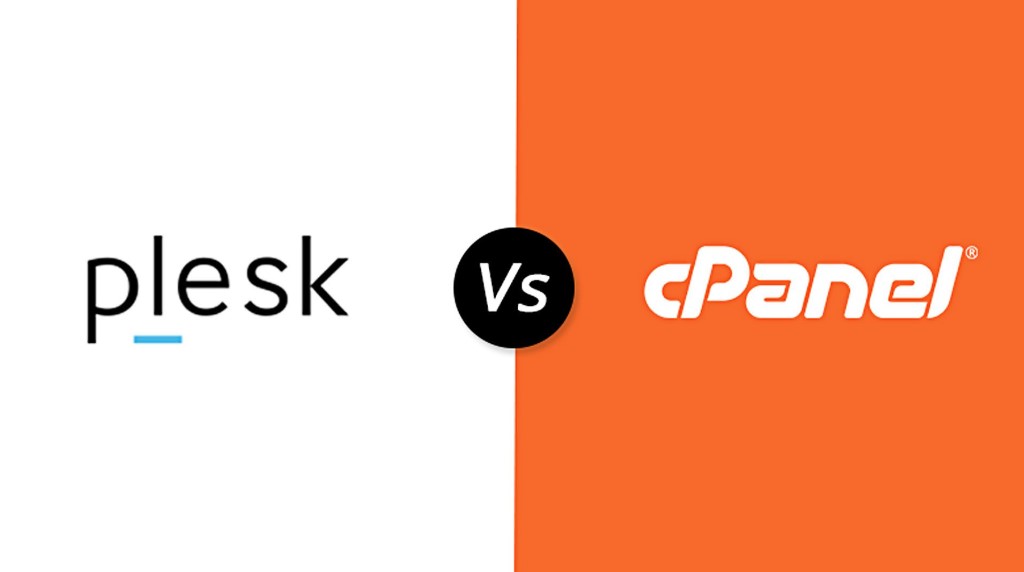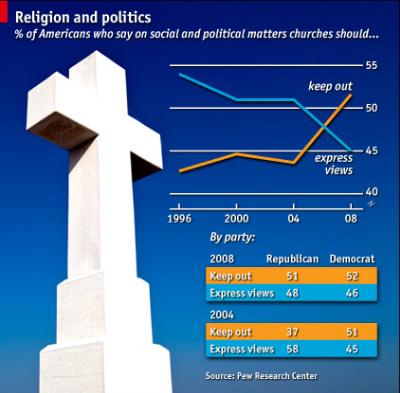In the world of website hosting, a VPS server is one of the most popular hosting options. It offers dedicated resources within a shared environment, providing more control and scalability at an affordable cost.
To gain a deeper understanding, this article provides a comprehensive overview of what a VPS server is.
What is a Virtual Server?
A VPS server is a hosting server that mimics a dedicated server environment in a shared hosting infrastructure.
Using virtualization technology and a hypervisor, the physical server is divided into several VMs, offering each user their own independent resources.
It eliminates the need to compete for server resources, ensuring higher efficiency and performance.
How Does Virtual Server Work?
As mentioned, the VPS server uses hypervisor software that divides the physical server and distributes it into several VMs.
Virtualized technology ensures each VM operates independently with its own dedicated resources. That means every user has their own RAM, CPU, disk space, and operating system.
Whenever a user needs more resources, virtualization technology divides and allocates resources, allowing easy scaling without downtime.
The key point to understand here is that free virtual servers don’t scale as well as paid ones. These plans come with limited resources, restricted features, and minimal support.
Top Benefits of Using a Virtual Windows Server
-
Cost Effective
The virtual Windows server combines the power of dedicated resources in a shared environment. That means, unlike shared hosting, where users compete for resources, here, each user enjoys independent resources in a shared environment. Sharing the environment makes it cost-effective and worthwhile, as you enjoy dedicated resources.
-
Enhanced Power and Reliability
Virtual server plans come with excellent resource support that facilitates uptime, ensuring availability. Furthermore, you get easy scalability, which comes in handy during high-traffic hours.
That makes a virtual server a reliable solution, especially for a growing website that demands performance and flexibility.
-
Better Control and Customization
A virtual server offers root access, which means you have full control and flexibility to customize the environment according to your needs. You can add software and plugins and configure, optimize, and modify the environment as you like.
It is not something you get with shared hosting plans, and dedicated server customization comes with a cost. Hence, the control and customization you get with a virtual server are just unbeatable.
-
Scalability
A virtual server allows you to scale up and down based on your needs. Whenever you have a higher demand, you can add more resources without facing downtime.
-
Security and Privacy
A virtual server ensures independent resources for users, which eliminates the risk of the noisy neighboring effect. Furthermore, you can configure security as you have root access. That means, based on your changing needs, you can make security changes and keep your environment safe.
Conclusion
This article comprehensively talks about what VPS hosting is. You get a complete overview of how VPS works and its benefits.
Further, we also covered a point on how a virtual private server works differently. Before purchasing a VPS server, understand how this hosting type aligns with your goals. Remember that the right hosting choice influences the experience of your audience.




